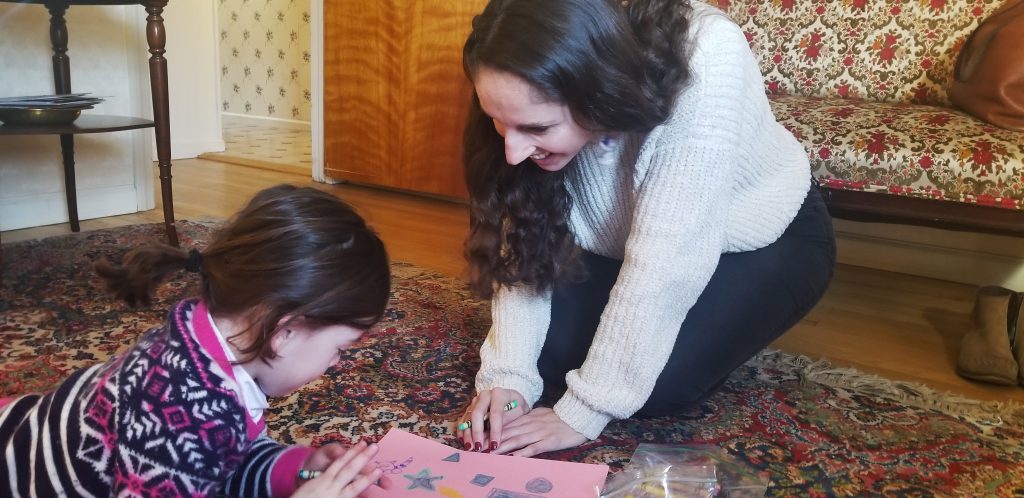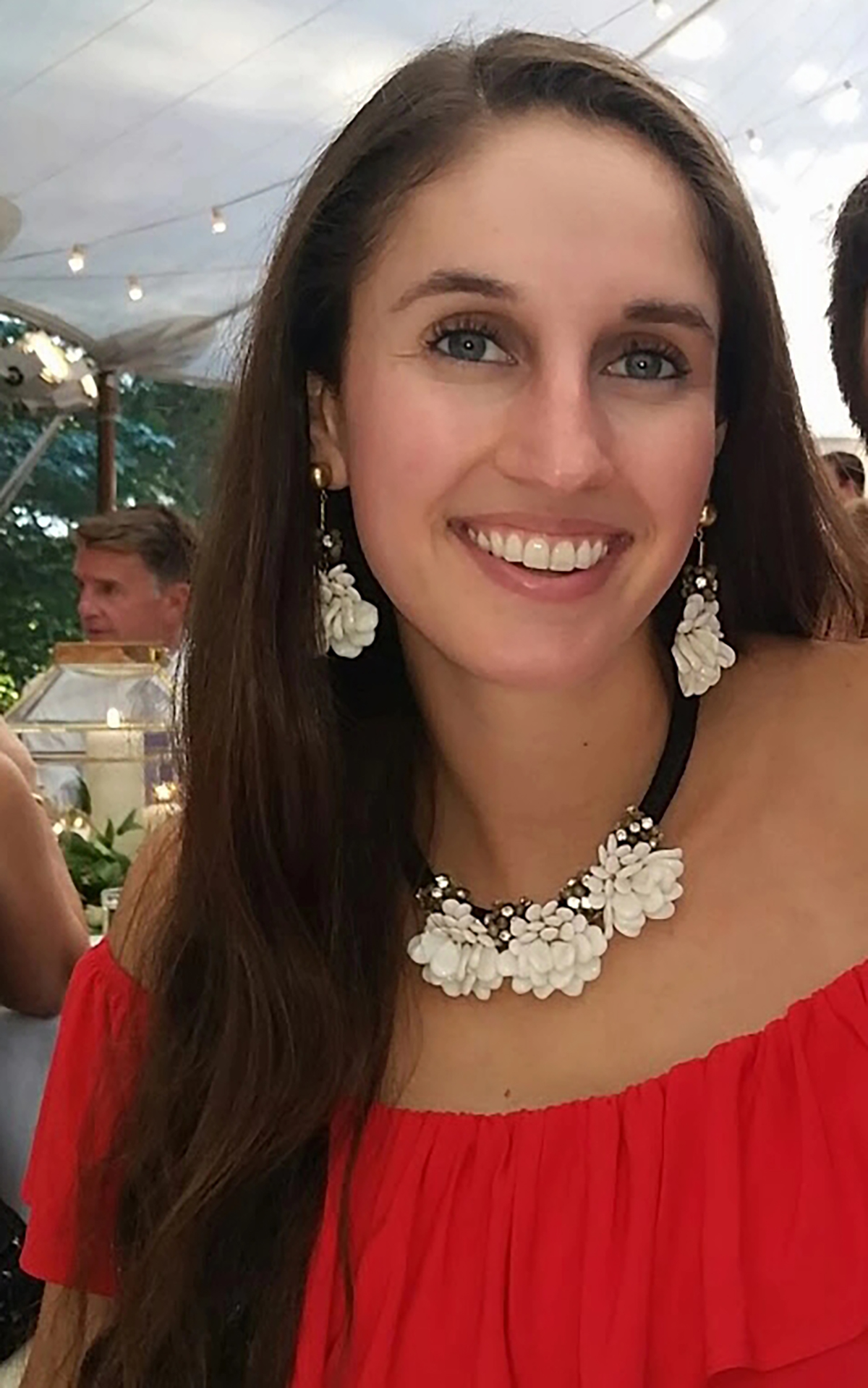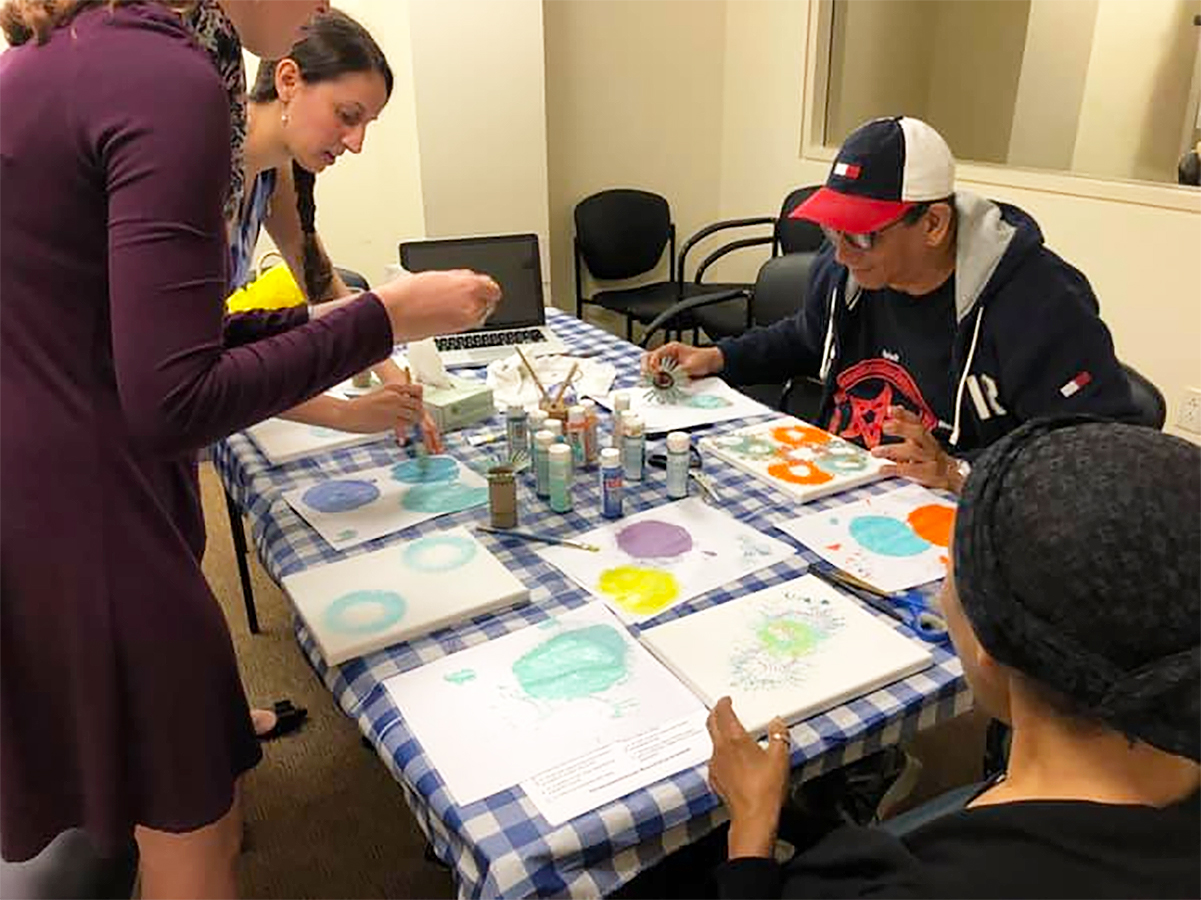Emersonian Earns Prestigious American Speech-Language-Hearing Association Award

By Molly Loughman
Communication Sciences & Disorders (CSD) graduate student, Lauren Rosano will explore a career as a faculty researcher with national support from the American Speech-Language-Hearing Association (ASHA).
Rosano, a first-year graduate student from West Hartford, Connecticut, is the first Emerson graduate student to win ASHA’s Students Preparing for Academic-Research Careers (SPARC) Award. The award helps foster students interested in pursuing a research doctorate and a career as a faculty-researcher in Communication Science & Disorders.

“In the field of Communication Sciences & Disorders, we have a shortage of people earning PhD’s, so there are more people retiring from the field than there are earning PhD’s. To keep the profession going, we want graduate students to think about what it would look like to have a career in academia and let them taste that,” said CSD Scholar-in-Residence Lisa Wisman Weil, who is thesis advisor to Rosano. “This is the first time an Emerson student has earned the SPARC Award.”
Prior to completing a master’s degree, Communication Disorders master’s students can choose to either pursue a thesis through a research project or to take comprehensive exams.
Rosano, who chose the thesis route, applied for SPARC Award grant funding to pursue her research project, which will examine and pilot R.E.A.D.Y. Talk, an intervention program for children with language disorders, to see if it improves language outcome. R.E.A.D.Y Talk prepares children entering kindergarten by encouraging parents to use more decontextualized language (talking about past or future events) to interact with their preschool-aged children.
In addition to writing her thesis, Rosano will gain insights about a PhD in speech-language pathology by interviewing both research and teaching faculty members at Emerson and beyond. She will also attend weekly lab meetings, shadow Weil at teaching talks to learning about teaching opportunities, and deliver a lecture at one of Weil’s undergrad classes.
“I think Lauren is a really promising student. I think she has a really bright future ahead of her and I think this is just a good indication that she’s doing a lot of great things,” said Weil.
“[Weil] has so much knowledge, so it’s great to sit with her and kind of pick her brain. And that’s the way all Emerson professors are, if you take the time to do that,” said Rosano.
SPARC-ing Interest
The mission of ASHA, a national professional, scientific, and credentialing association for 204,000 members and affiliates, is to empower and support speech-language pathologists; audiologists; and speech, language, and hearing scientists by advocating on behalf of persons with communication and related disorders; advancing communication science and promoting effective human communication.

The SPARC award offers financial resources ($1,000) to pursue individualized mentored teaching and research activities; structured networking opportunities at the ASHA Convention; and formal recognition on the ASHA website. Rosano will use the financial resources to cover her travel expenses in fall 2020 to present her research at the ASHA national convention in San Diego, where she plans to network with fellow SPARC awardees and others.
“I just feel you can learn so much more in an environment that gives you the support you need, but also sets you up where you feel comfortable taking the risk that you need to learn,” said Rosano, who studied English and French before entering Emerson, where she said she felt immediately inspired during her first tour.
“Emerson allows people to be that [Communication Science] person, even if you’re not coming in with that background,” said Rosano. “The more you talk to people who actually know what the field is like, the more you learn. The SPARC Award is such a good way to outline [my research goals] in an organized fashion. And it also opens up new opportunities I wouldn’t have thought to do.”
Because Emerson ensures its graduate students experience a wide range of clinical experience, Rosano is able to work with two adults with aphasia this summer and also children with autism spectrum disorder (ASD) in placements off campus.
When asked what her advice is to other students, Rosano replied, “Don’t hold yourself back. There are enough people in life who are going to do that to you. Don’t stand in your own way. We need to be our own cheerleader. Take the opportunities that are given to you, because how will you know if you don’t try?”
Categories